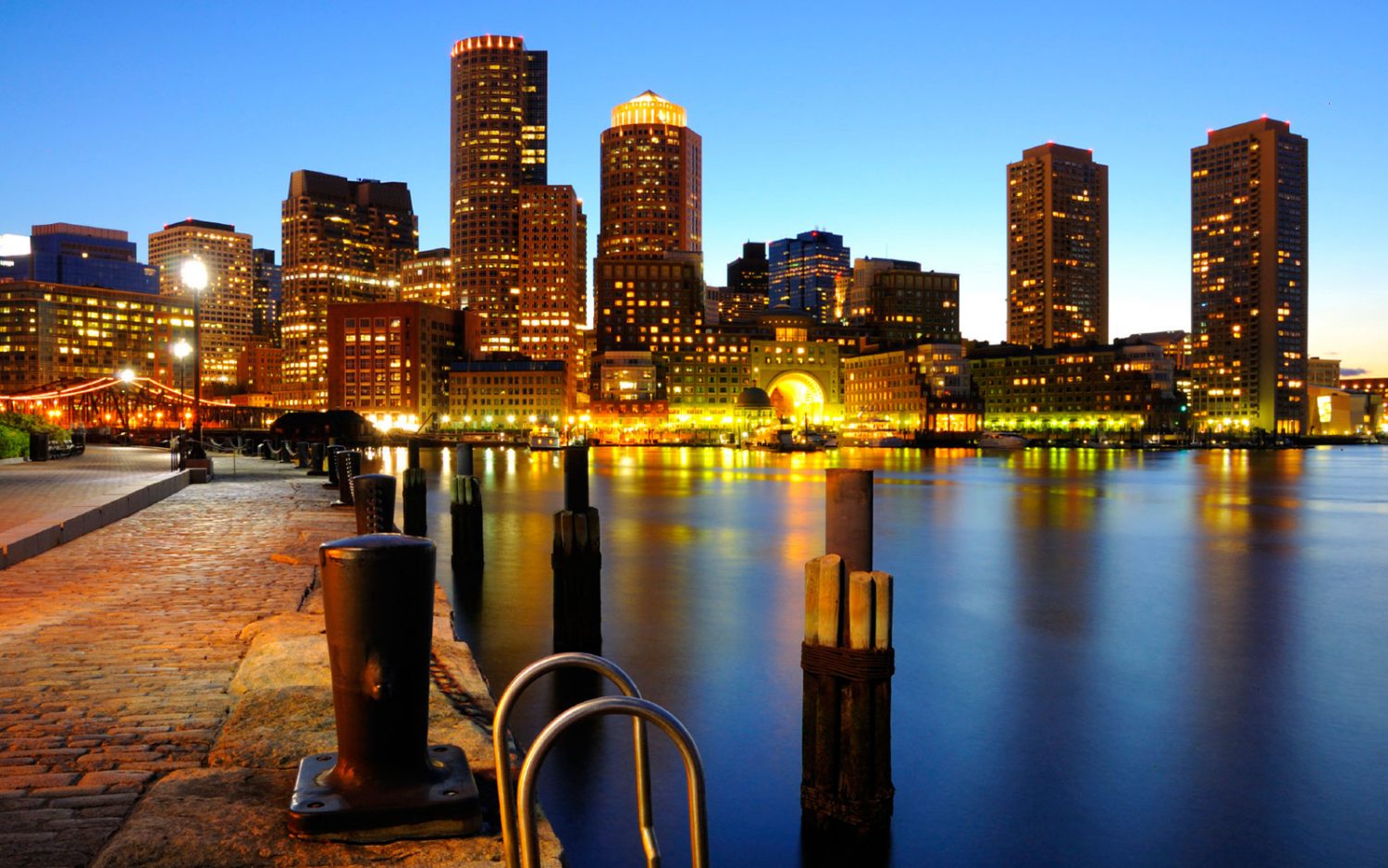ImpactAlpha, July 11 — Boston, San Francisco, Washington and New York: It’s not surprising that these cities lead the ranks of social enterprise ecosystems in the U.S. Also on the list: Minneapolis and Raleigh, Pittsburgh and New Orleans, Detroit and Baltimore.
The ranking, from the Halcyon Incubator, draws on a survey of more than 400 social entrepreneurs, interviews with experts, and public data. Its accompanying report, “A Deeper Dive: Social Enterprise Ecosystems in the U.S.,” sheds light on the ingredients that make a thriving ecosystem for social entrepreneurs. Among them:
- Financial capital. Funding is essential. But like most entrepreneurs, socially-minded founders say fundraising is a struggle. More than half self-finance their startups, including with friends and family funding. Just 6.6% of social entrepreneurs get venture capital funding, according to the report. In fact, local social entrepreneurs are more likely to generate cash from revenues or through crowdfunding than angel investors or VCs (see, “Equity crowdfunding changes who gets financed”). To do: Cities can create innovative funding structures to reduce financial risks.
- Human capital. Social entrepreneurs rank human capital as their most important criteria. Yet access to mentors, advisors and team members is a challenge, especially among African-American founders. Compared to their white counterparts, Black social entrepreneurs are less likely to benefit from mentors and are less comfortable reaching out to social entrepreneurs in their region for support. A growing number of cities are welcoming programs that support underrepresented entrepreneurs (see, “Building local startup ecosystems that work for entrepreneurs of color). To do: Digital platforms can make it easier to match social ventures with skilled volunteers and mentors.
- Quality of life. Cities need a high quality of life to attract great founders, and diversity, affordability, and transportation are key. Yet cities are not delivering. More than 80% of African American founders disagree that their city is inclusive and promotes diversity, and almost half of founders say a high cost of living makes it difficult to support themselves. City Startup Labs in Charlotte is creating space for a new class of young, African American male entrepreneurs to research, plan, launch, and operate their own ventures. To do: Cities should proactively focus on inclusive entrepreneurship.











